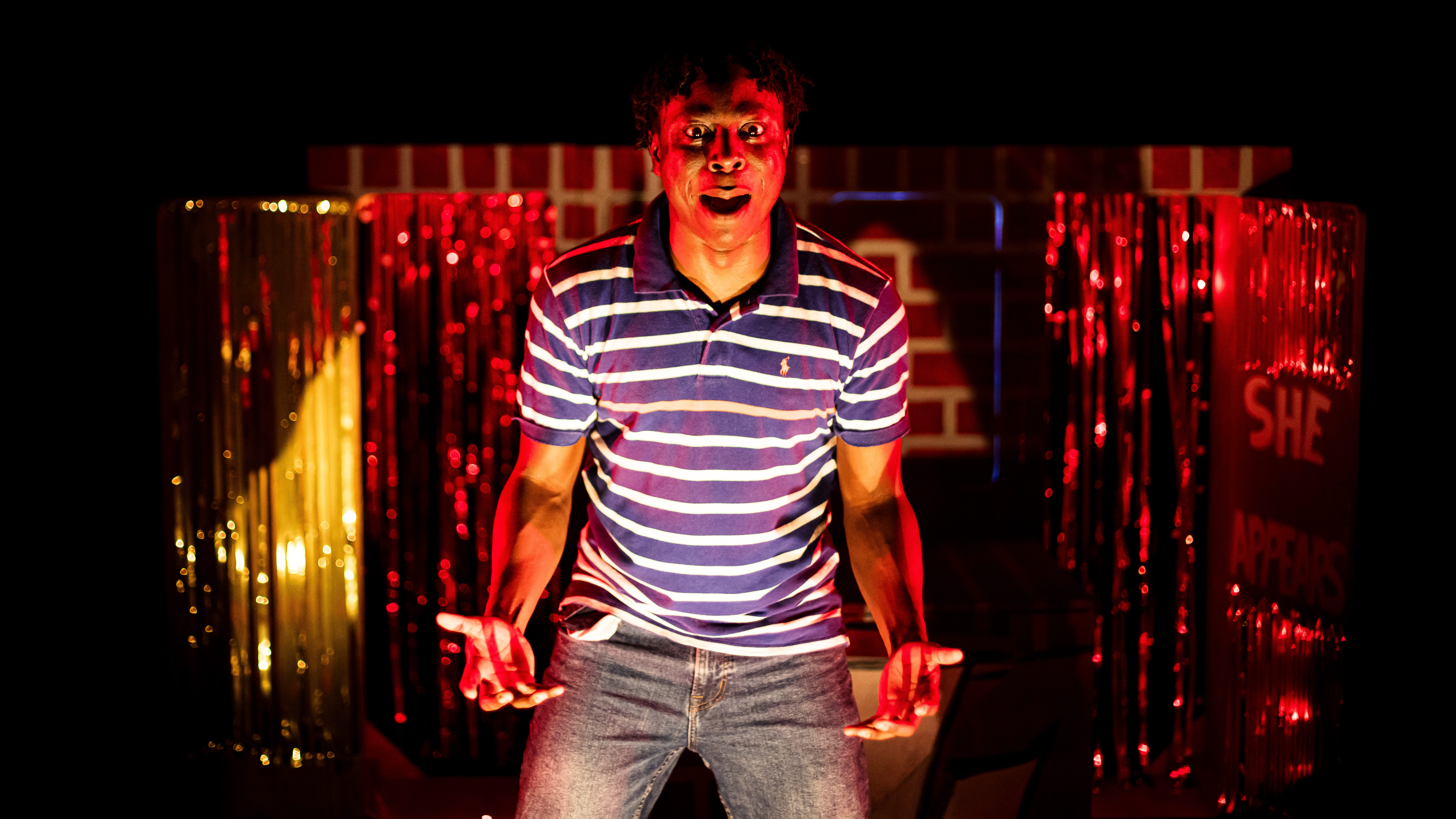I’ve had a knife drawn on me. A boy I grew up with was stabbed 15 times on a night out. I’ve seen people chased with machetes and witnessed one fall out of a friend’s bag during class at school. I’ve spoken with mothers who have lost their children to a stabbing.
There was no support. The government had abandoned those most in need.
So I had to start writing.
Knife crime is not just a statistic; it’s a national epidemic. It is an unacceptable reality. Every week, I am reading headline after headline of another teenage killing. It’s harrowing. Why are we living in a society where this has become normal, commonplace?
Read more:
So, the play became an interrogation of the repression and suffocation of working-class towns like Luton and how that breeds crime and violence. The image you have of my town stems from systemic neglect, and so I had to challenge that narrative. In a way it has become a love letter to Luton, but alongside this, it is a deep investigation into violence.
Advertising helps fund Big Issue’s mission to end poverty
And if this was all happening 15 years ago, has anything changed?
The simple answer is no – they are worse. The figures and statistics are chilling. Over the past 10 years, the number of teenagers killed with a knife or sharp object has increased by a shocking 240%. The murders of boys under the age of 16 have also reached a 10-year high, now at a staggering 300% increase compared to a decade ago, and the number of girls under the age of 16 murdered with a knife has doubled in the last year alone. Knife-enabled crime totalled 54,587 offences in the year ending December 2024.
Even Sir Mark Rowley, the Metropolitan Police commissioner, warned of the £450 million funding gap for knife crime intervention and said that if there isn’t more government backing, then rates of these crimes could only rise.
And do any of the above figures tell you that the government has control of this?
No. We are in a perpetual cycle of being let down. A perpetual cycle of feeling abandoned.
So, it takes amazing people, like The Ben Kinsella Trust (with whom I have partnered on this play), to carry the responsibility for change, and I needed to be a part of it.
Advertising helps fund Big Issue’s mission to end poverty
So, Chaos… tries to use hope as a radical art. It follows two 16-year-old boys as they chase the highs of youth against a backdrop of systemic neglect, venturing towards the biggest house party of their lives.
With Ben Kinsella Trust, we are running a theatre-infused knife crime intervention programme looking to benefit a thousand young people in the UK. We give them an opportunity to rewrite the ending.
This is what they need. This is what is lacking. Ben Kinsella has proven that prevention works. That through education and early intervention, we can break the cycle of violence. But none of us can do it alone. We need collective responsibility and government backing.
If you read this and want to support us, we are actively looking for people to help fund bringing young people to our show and take part in our intervention work.
Contact us at chalklinetheatre@gmail.com or, at the very least, see what you can do locally to protect your young people.
Sam Edmunds is the creator of The Chaos That Has Been and Will No Doubt Return, which runs at the Southwark Theatre from 3-27 September.
Advertising helps fund Big Issue’s mission to end poverty
Do you have a story to tell or opinions to share about this? Get in touch and tell us more.
It’s helping people with disabilities.
It’s creating safer living conditions for renters.
It’s getting answers for the most vulnerable.
Big Issue brings you trustworthy journalism that drives real change.
If this article gave you something to think about, help us keep doing this work from £5 a month.
Advertising helps fund Big Issue’s mission to end poverty






